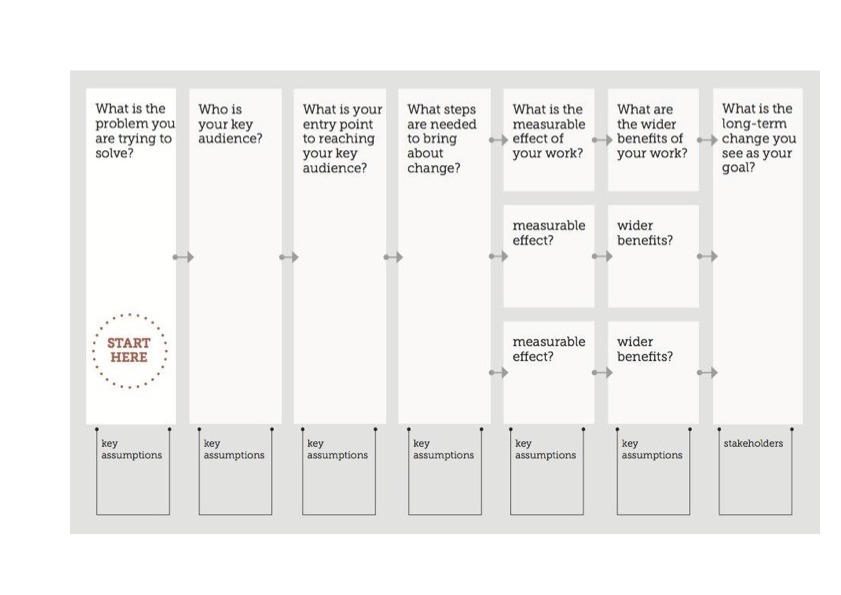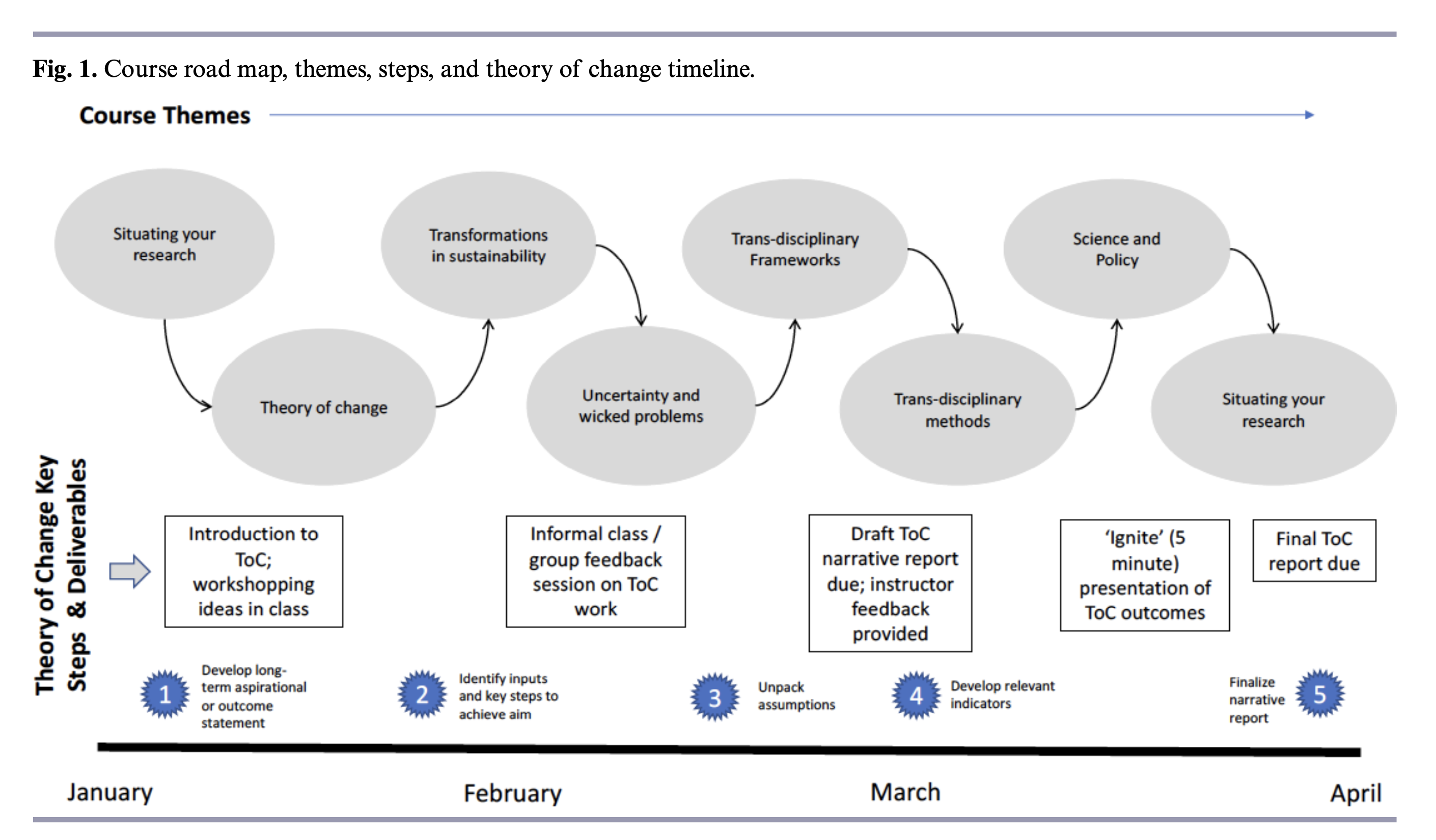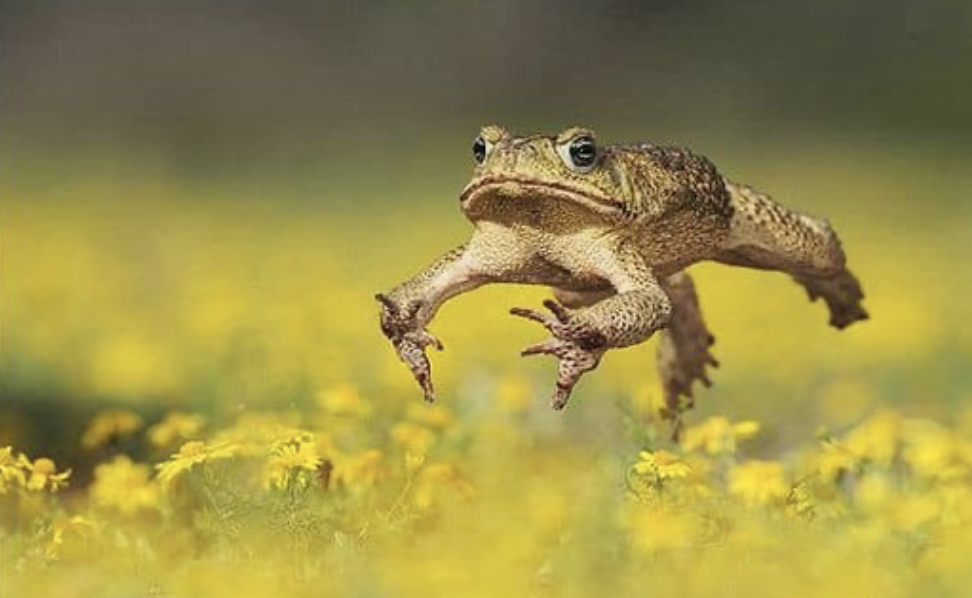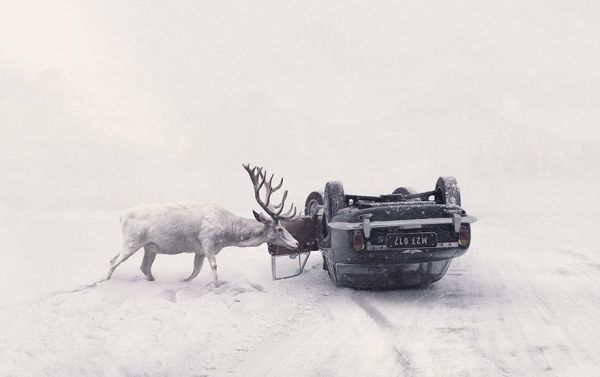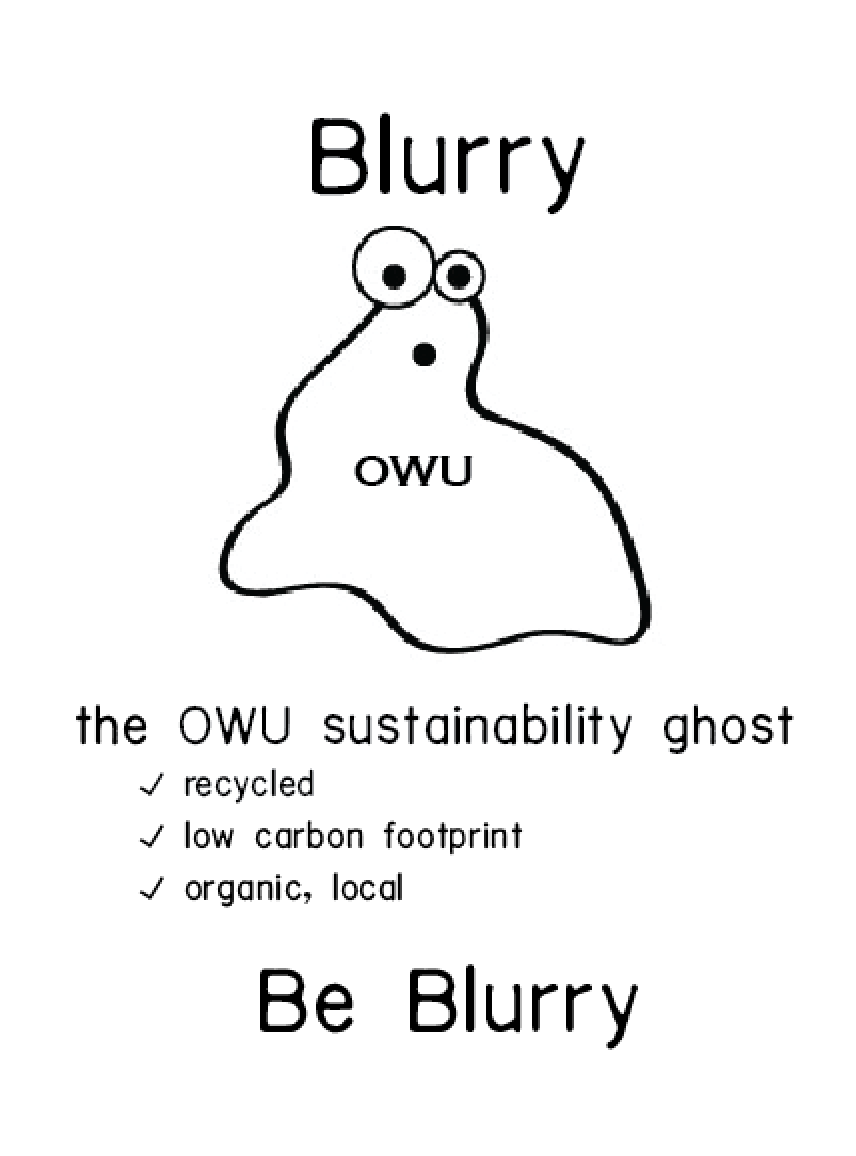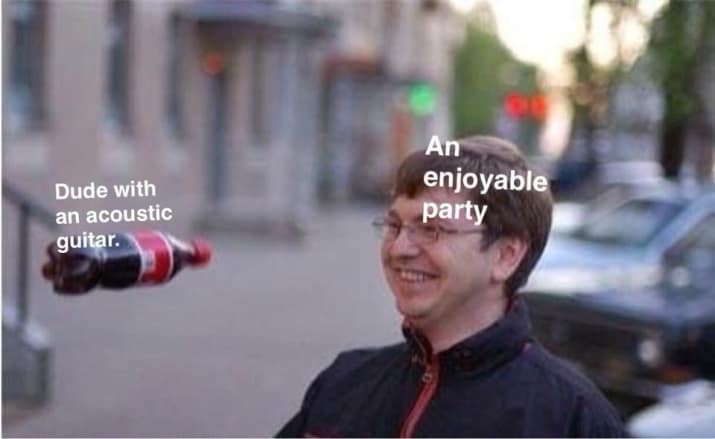
We are making progress on a series of projects, but I would like to use our last meeting before spring break (Thursday, March 8) for a summary of what everyone has accomplished, where the project stands, and post-spring break plans.
- We need to be thinking ahead to the actual May Move Out (including volunteers, revising promotional materials, and prepping for the meeting with B&G, Goodwill, and Res Life Brian.
- We need to schedule the meeting with Res Life Brian so we know what kind of an outline he would like for the sECOnd Floor proposal.
- We need to make sure that our relationship with Seminary Hill Farm continues, regardless of who our dining provider is. Peyton and I are heading there for a meeting with OWU Money Boss Lauri on Friday at 1 pm.
- We need to revisit recycling efforts. We have not yet received a response from B&G about Aramark’s duties when it comes to getting recycles in the recycle cycle.
- We need to fill a few holes in the recycling bin landscape (Emily’s survey) and look into getting bins for the on-campus frats. This may be something WCSA would fund. If we can get Aramark to pick up the recycles.
- We need to get info on food waste (lbs per week) from Smith so we can get an estimate from Price Farms.
- We need to get signed up as a group, with an abstract, for the 2018 Student Research Symposium. Draft by week after SB.
- We need to make a plan for Green Week involvement, including promoting many of the projects we are working on. Schedule meeting with E&W (during class time, or E&W meeting).
- The
bedamned emotionally-infused SLU garden
- Additional projects for the 2nd half of semester.
- What am I missing?
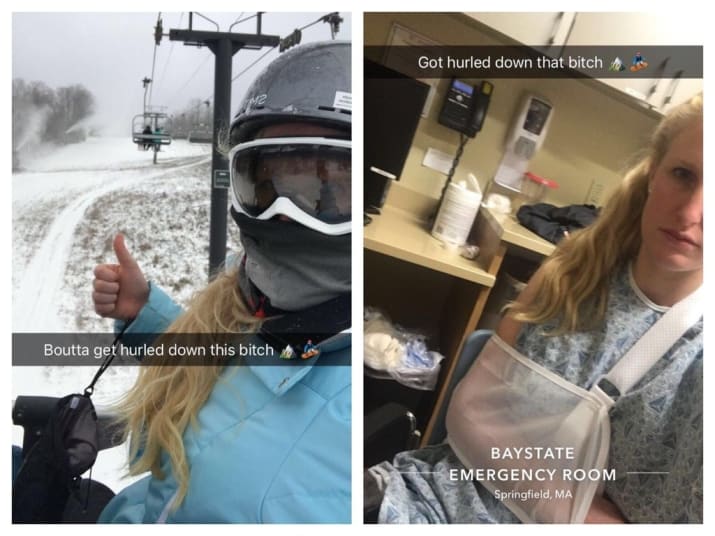
Please also remember:
In order to emerge from the mundane details of your sustainability projects, if only for a moment, please look at and add some comments to Emily Howald’s description of sustainability efforts here at OWU.
Please add your comments by our first meeting after spring break (Tuesday, March 19).
How to Make an Environmental Sustainability Plan for your Institution
Certainly, note any typos or related issues, but add some more content-oriented comments, to help improve the document. If something does not make sense, note it, or if you feel like Emily has made an amazing point, note that too.
Please jot down thoughts in your journal of ideas you are supposed to be keeping for this course. We ill come back towards the end of the semester to revisit the ideas we read up front and attempt to come up with some additional concepts and ideas about sustainability, based on work this semester.
Please also remember Also:
Starting Point Document & Updates
Remember that you need to continue to add information to your Starting Point Document. This can be related to your specific work on the project, or broader issues in the 10 readings we did to start the semester.
In addition, I asked you to ponder the issues under Pearls of Wisdom on Week 3 Update 1: in particular “Some Solutions”:
- Social: use the power of social networks.
- Supportive: employ frames that support the message in a positive way.
- Simple: environmentally friendly behaviors easy and convenient.
- Story-based: meaning and community created by the power of stories.
- Signals: use indicators for feedback on societal response.
Please also remember Also please remember:
Recall some additional ideas that should be worked into your Starting Point Document and related to the practical work in class.
- We have already discussed “Scrappy Sustainability” but what about:
- Subliminal Sustainability
- Subversive Sustainability
- How does Identity play out in issues you are confronting this semester?
- Opportunities
- co-taught interdisciplinary courses: what do students want?
- Alumni contacts (subversive?)
- Individual Issues of Interest: in my comments on your starting point docs; follow-up on these in particular as the semester progresses. There are a lot of ideas in the first 10 readings; I would like you to address all of them a bit, but you should focus on a few that resonate with you or start to seem more important as the semester progresses.
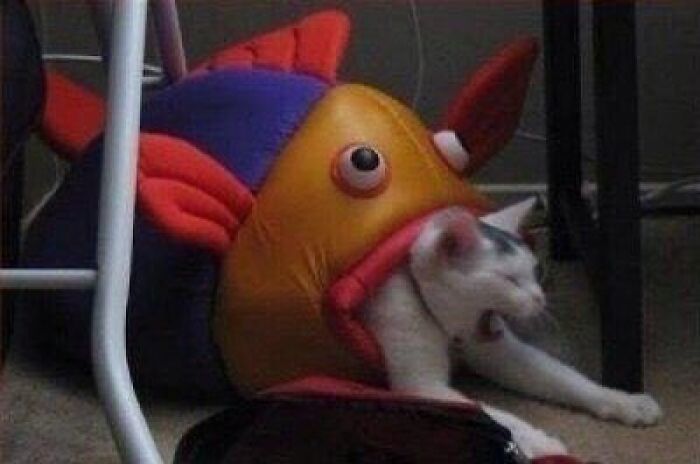
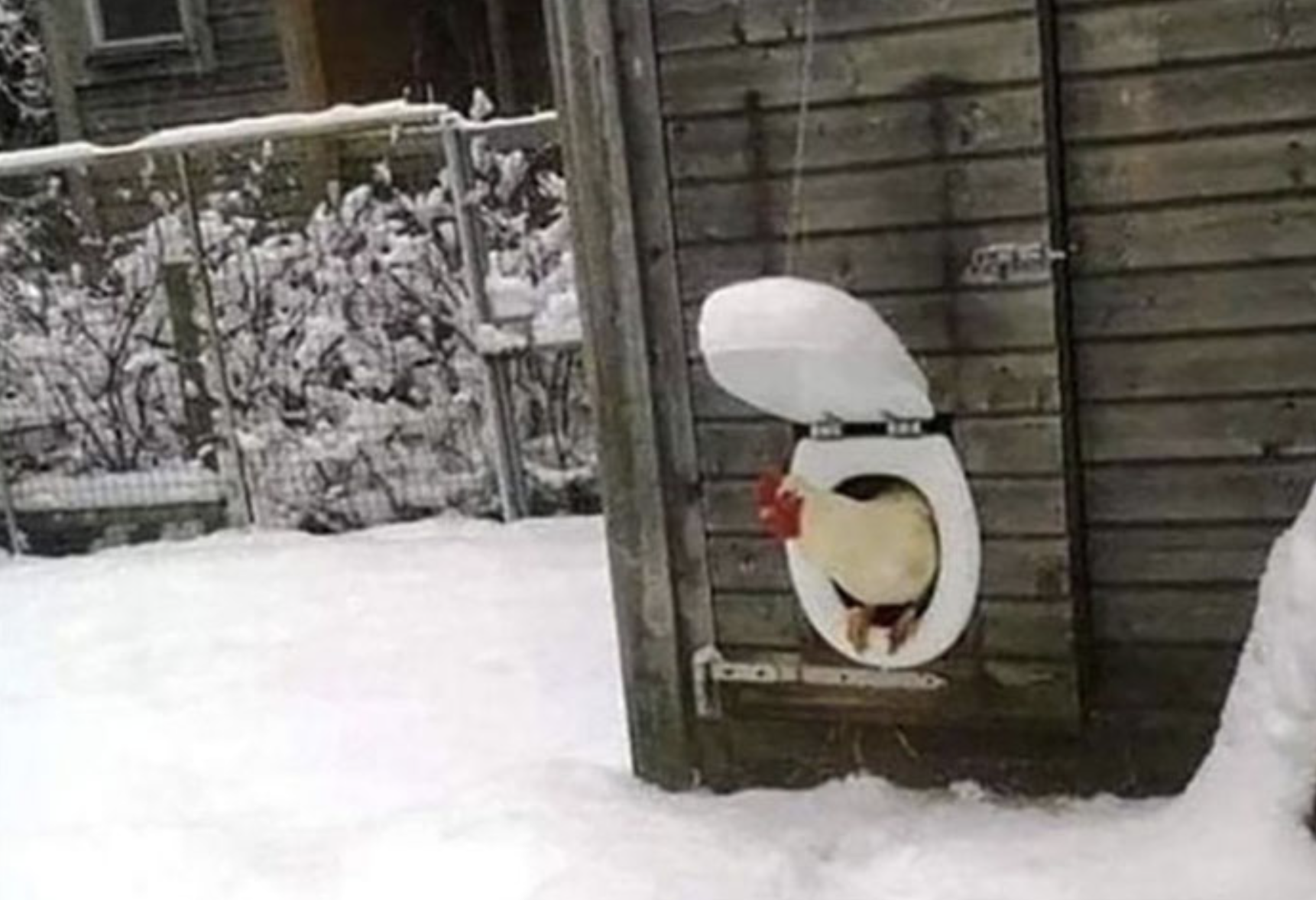
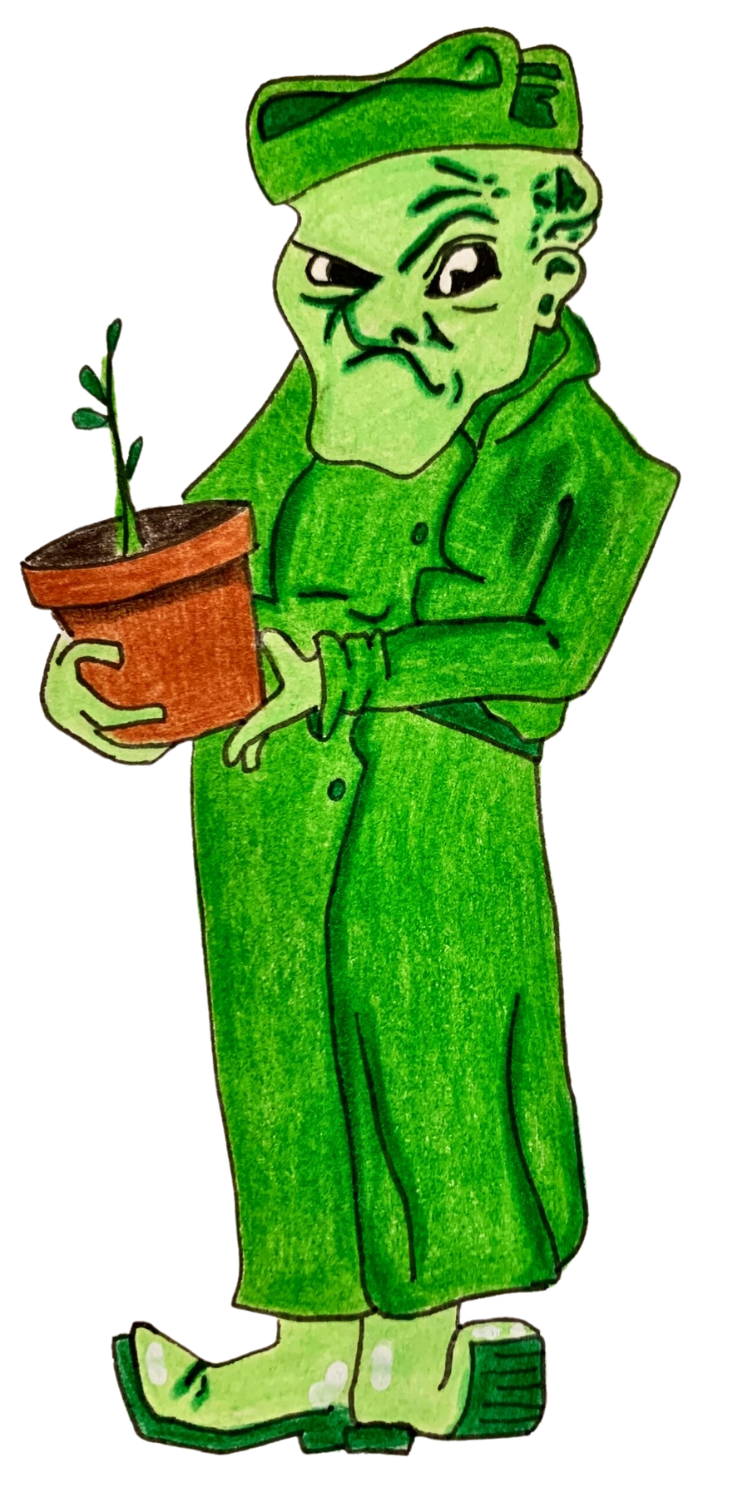
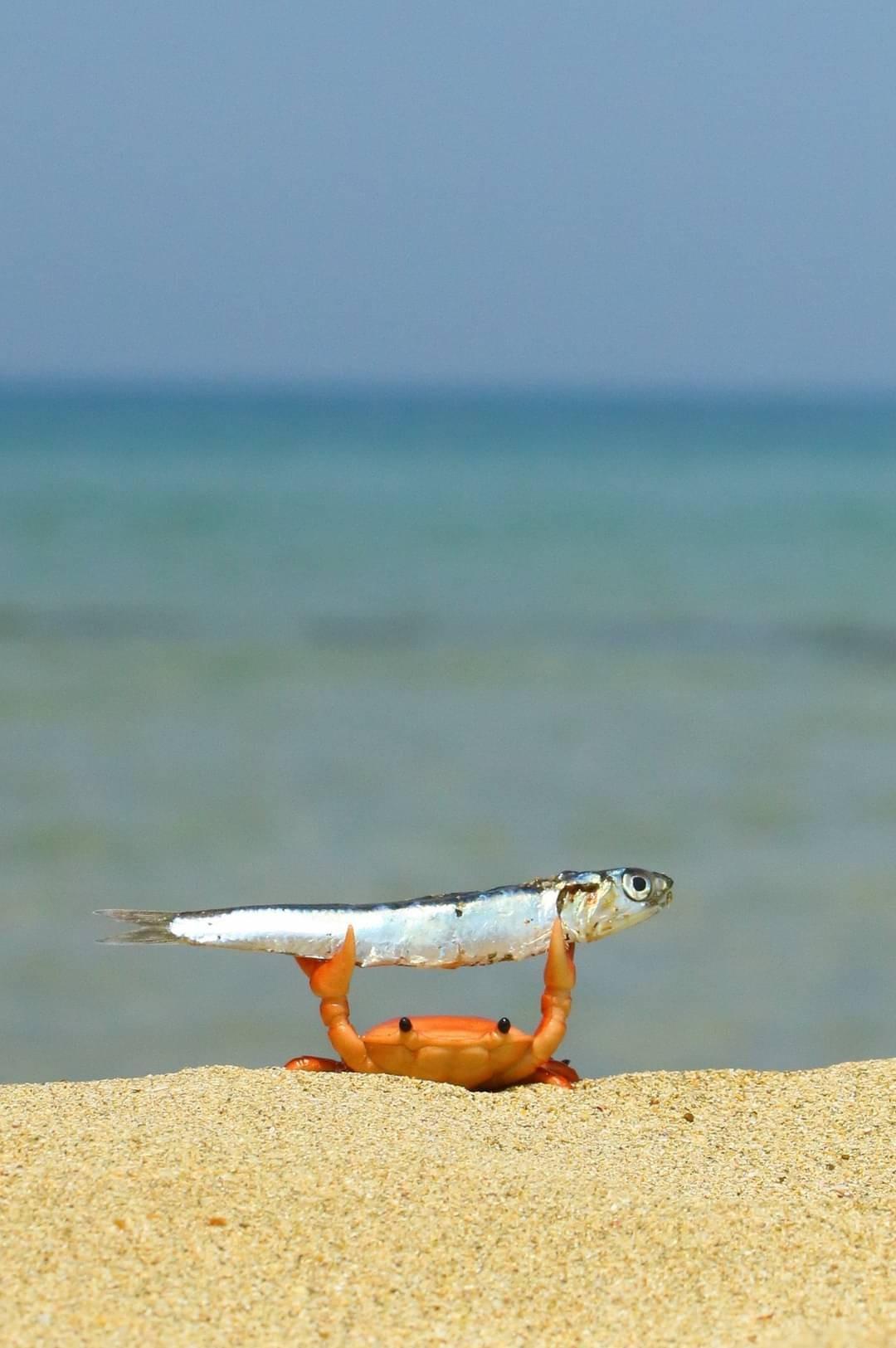
 There is no roadmap for the combined ENVS 399 Sustainability Practicum and the Lifelong Learning Institute course Sustainability in Practice: OWU and Delaware.
There is no roadmap for the combined ENVS 399 Sustainability Practicum and the Lifelong Learning Institute course Sustainability in Practice: OWU and Delaware.